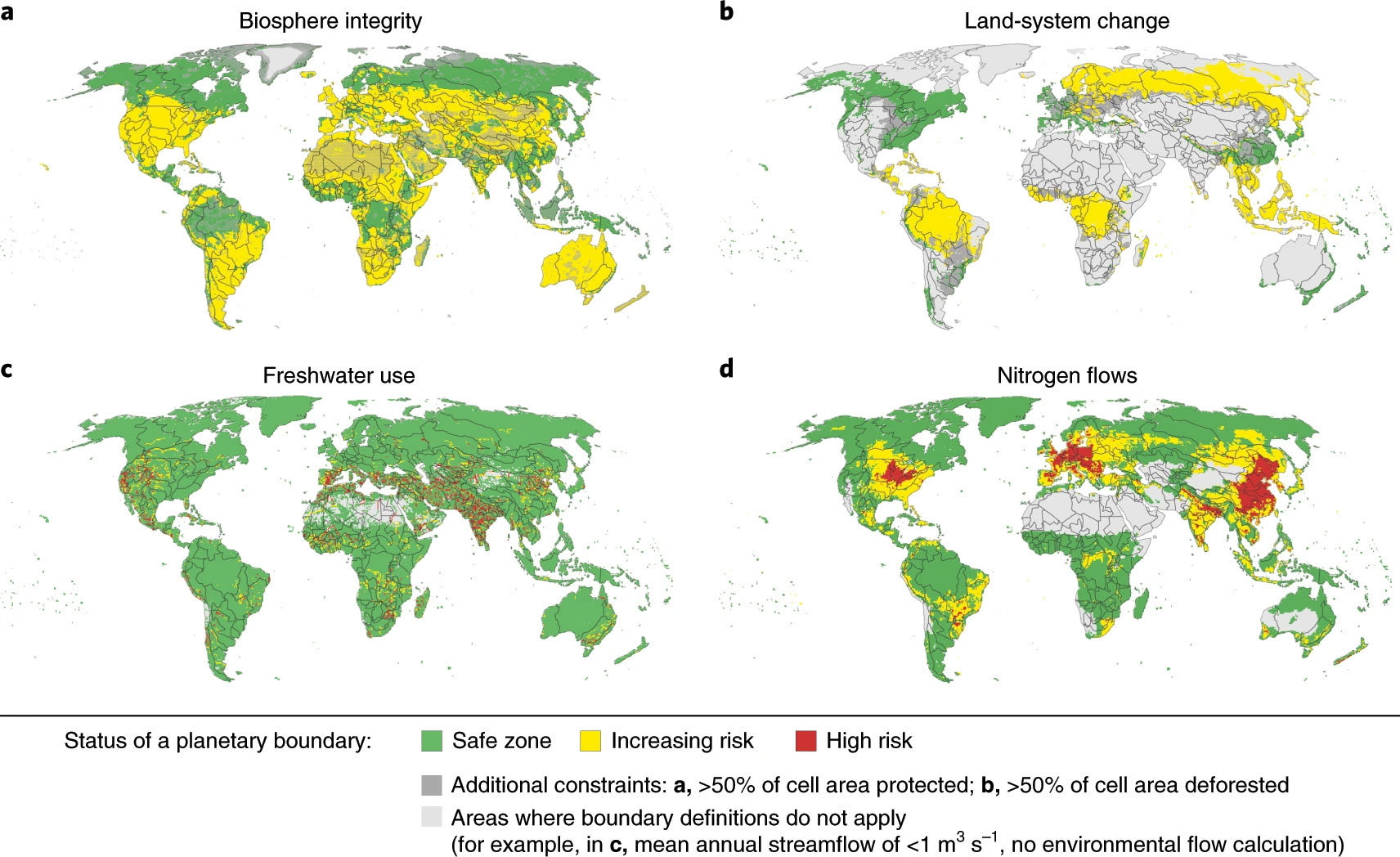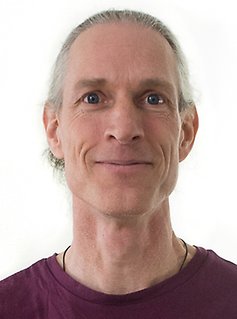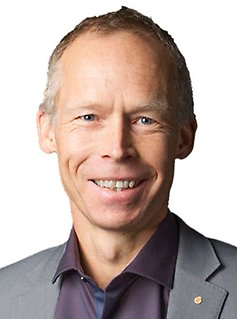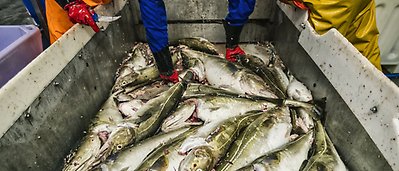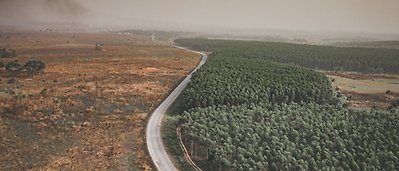Bildtext får vara max två rader text. Hela texten ska högerjusteras om den bara ska innehålla fotobyline! Photo: B. Christensen/Azote
PLANETARY HEALTHY DIET
How to feed the world without crossing planetary boundaries
- In theory, 10.2 billion people can be fed without compromising the Earth system
- But agriculture in many regions is using too much water, land, or fertilizer
- Perhaps the most sensitive and challenging implication of the study relates to land because people’s livelihoods and outlook depend on it
Supplying a sufficient and healthy diet for 10 billion people whilst keeping our biosphere intact will require radically different ways of farming, reduction of food waste, and dietary changes
HARD TO CHEW: Currently, almost half of global food production relies on crossing Earth’s environmental boundaries. Humans appropriate too much land for crops and livestock, fertilize too heavily and irrigate too extensively. To solve this issue in the face of a still growing world population, we collectively need to rethink how to produce food.
In a study published in Nature Sustainability, an international team of researchers including Ingo Fetzer and Johan Rockström from the Stockholm Resilience Centre ask the question: how many people could be fed while keeping a strict standard of environmental sustainability worldwide?
The encouraging result from the study is that, in theory, 10.2 billion people can be fed without compromising the Earth system.
This leads to very interesting conclusions, says co-author Johan Rockström: “Agriculture in many regions is using too much water, land, or fertilizer. Yet, there are huge opportunities to sustainably increase agricultural production in regions such as Sub-Saharan Africa.”
A more sustainable agriculture can also increase overall climate resilience and adaptability while limiting global warming. In some places, however, farming is so far off local and Earth’s limits that even more sustainable systems could not completely balance the pressure on the environment. This applies to parts of the Middle East, Indonesia, and to some extent in Central Europe.
Currently, almost half of global food production relies on crossing Earth’s environmental boundaries. We appropriate too much land for crops and livestock, fertilize too heavily and irrigate too extensively.
Dieter Gerten , lead author
Dietary changes urgently needed
Then there is the consumers’ end, too. Large-scale dietary changes seem to be inevitable for turning the tide to a sustainable food supply. China’s increasing appetite for meat would need to be substituted by more legumes and other vegetables.
Another crucial factor is reducing food loss.
Perhaps the most sensitive and challenging implication of the study relates to land because people’s livelihoods and outlook depend on it. Transitioning to more sustainable land use and management is therefore a demanding challenge to policy-making.
Key to success is that the regions affected need to see clear benefits for their development.
Gerten, D., Heck, V., Jägermyr, J., Bodirsky, B., L., Fetzer, I., et.al. 2020. Feeding ten billion people is possible within four terrestrial planetary boundaries. Nat Sustain (2020) doi:10.1038/s41893-019-0465-1

